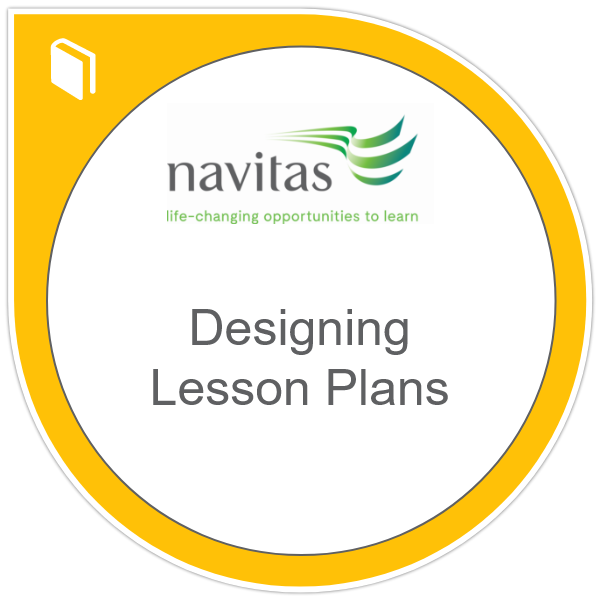Accrediting teaching excellence: Digital Badges

Our core purpose at Navitas is transforming lives through education. Equipping teaching staff to embrace and drive transformation requires not only professional development of teaching staff, but recognition of acquiring new skills sets. Teaching Excellence at Navitas (TEN) provides the means to build capability, but how do we quantify these skills? How do we measure and report impact? And how can our staff be part of a changing culture that embraces ongoing professional development and also encourages co-design and peers as experts?
To begin, we co-designed a Capability Framework which was benchmarked globally and identified key capabilities across seven domains. What became clear in the co-design stage was the challenge of identifying the most critical skills for teaching excellence that encompassed the needs of 120+ colleges. This led to a process of co-designing a process that would allow the customisation of the program so that colleges could drive the change themselves.
From the Capability Framework, several modules were mapped with the following features:
- delivered as a flipped approach using inverted Bloom’s taxonomy as the primary education model
- delivery strategy that offers face-to-face, synchronous and asynchronous learning
- assessed for the “application of knowledge” via moderation of assessment
- innovation embedded in each module – e.g new educational app, program, research, etc.
- evolving every six months beyond baseline skills driving continuing unique selling points for the organisation to continue to differentiate us within the marketplace
- micro and macro badging, and possible future pathway studies with partner Universities
Micro badging
The current program of professional development modules reflects teaching and academic support staffs’ current needs but also our future strategic direction. This volume of PD allows us to take a nuanced and customised approach to reflect the differences in learning and teaching skills evident in each college. A one-size-fits-all approach would not meet our divergent and evolving needs.
The micro badges will allow us to deliver PD and assess the change in behaviour whilst evidencing the learning and acknowledging completion of a module with a badge.
For more information about available badges and FAQs view Navitas Digital Badges.
The macro badging strategy
There is an opportunity to build customised and nuanced macro badges that reflect the specific skills and requirements for each college. The process will empower our key stakeholders to identify the developmental needs of their specific cohort. A group of four micro badges, will accrue to create a macro badge. Four modules may be selected to create a macro badge as the following examples demonstrate (use the slider to see more of the badge):
| Macro badge | Description | Badge Awarded (prototype) |
| Domains | Drawing on the seven domains within the TEN Capability Framework, participants can accrue four badges from one domain to be awarded a “Domain Badge”. | |
| Induction for new staff | Four modules may be selected to identify the most relevant capabilities for new teaching staff. This will be reviewed annually. | |
| Inductions for new roles | Four modules may be selected to identify the most relevant for each role e.g. a promotion to a Program Coordinator. | |
| Advance HE Application | Four modules may be selected, providing a recommended pathway for the Advance HE Fellowship application. | |
| College specific programs | Four modules may be selected as a baseline for teaching within a specific College. |
